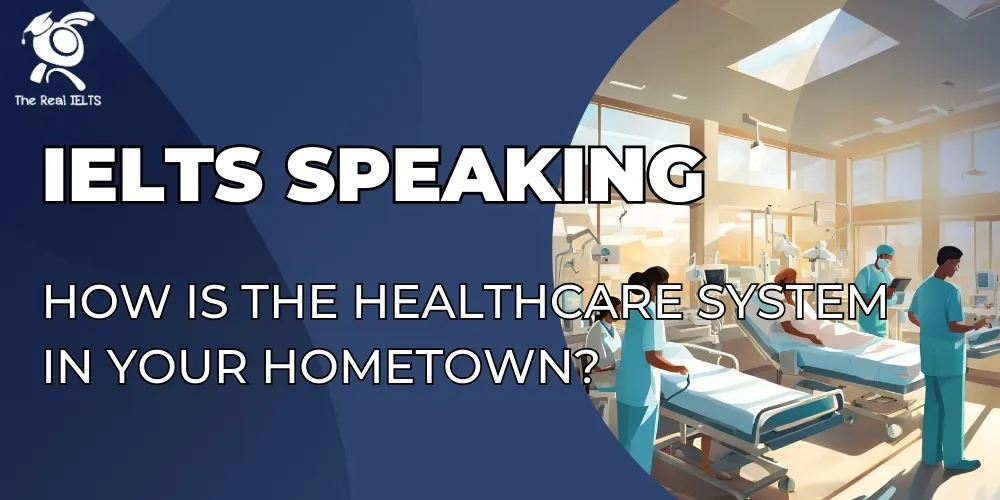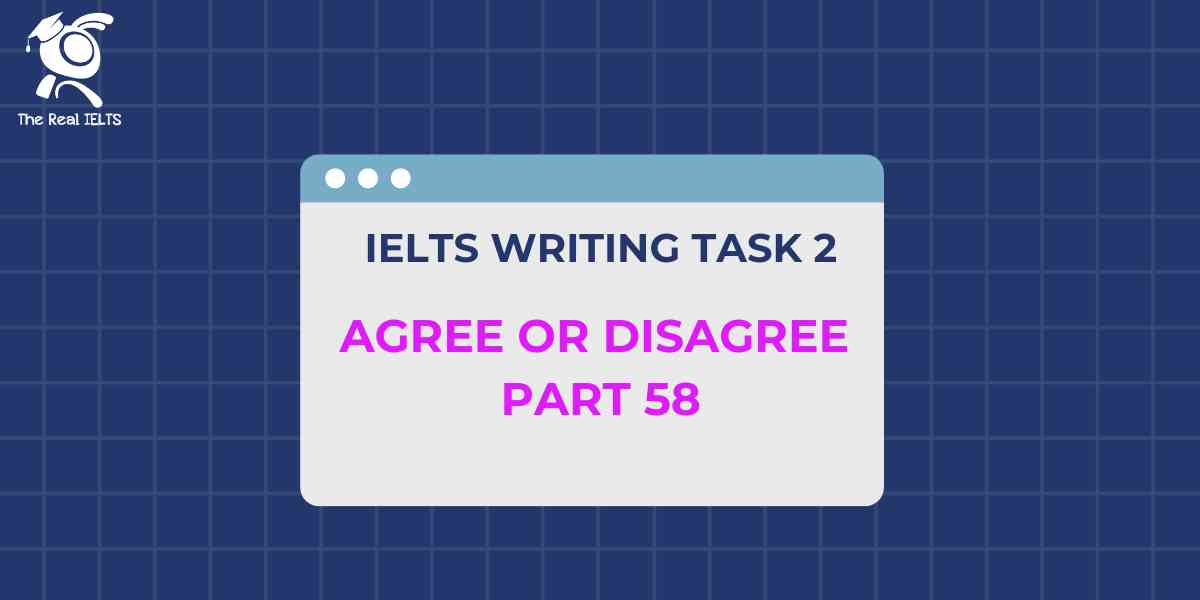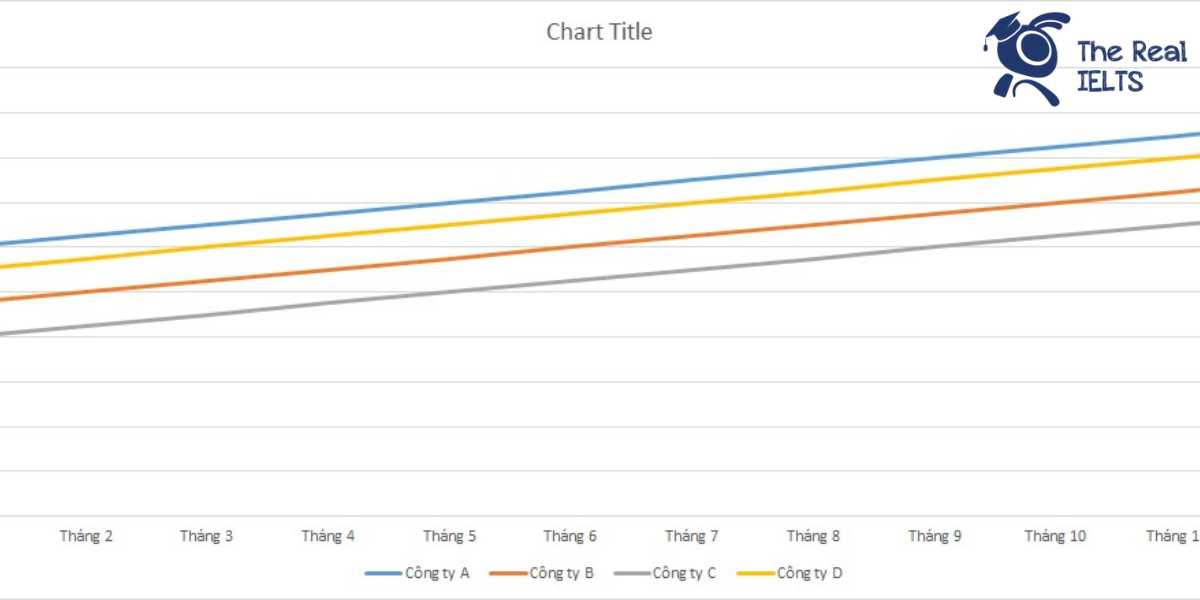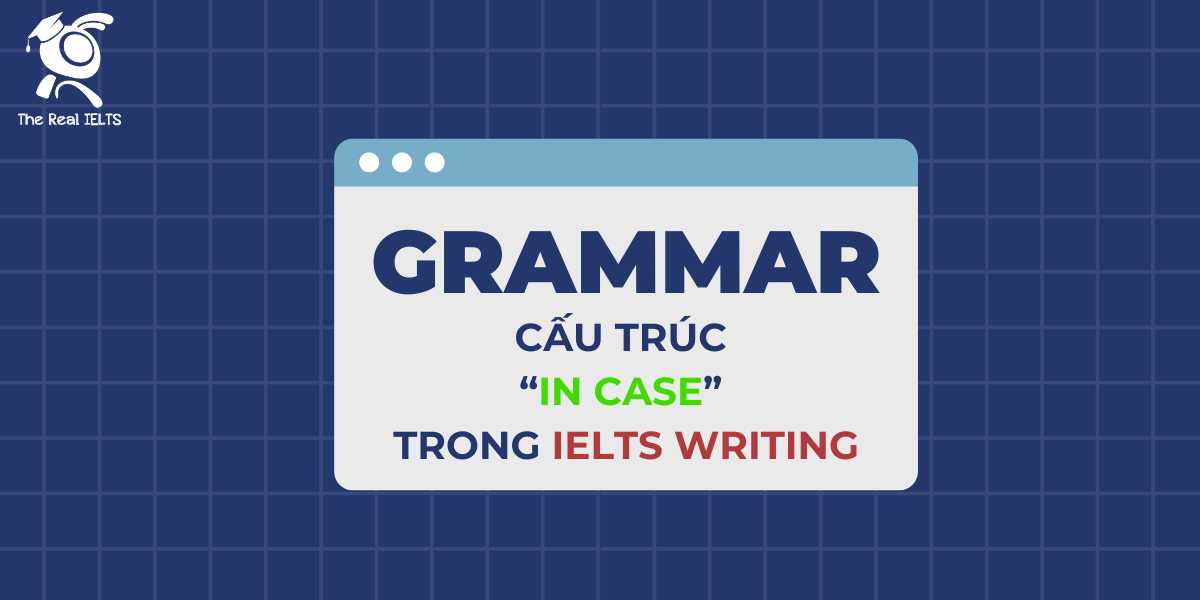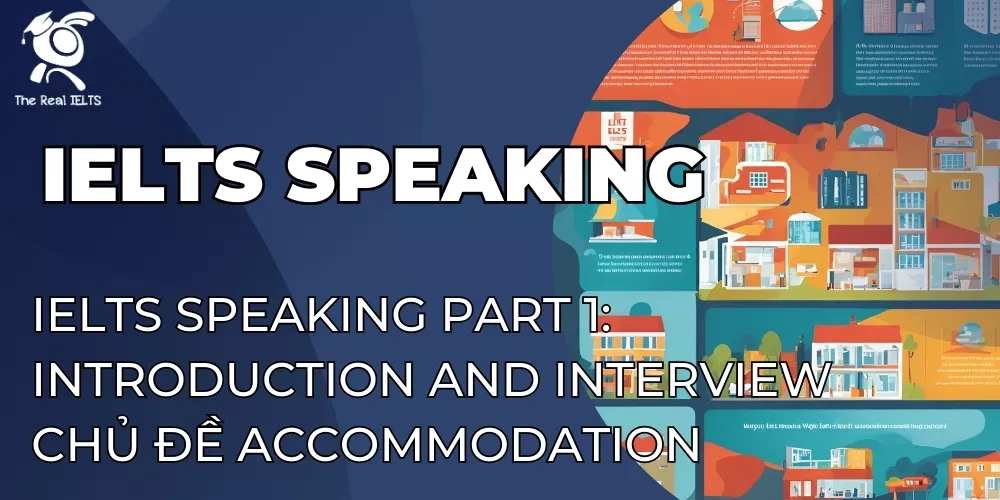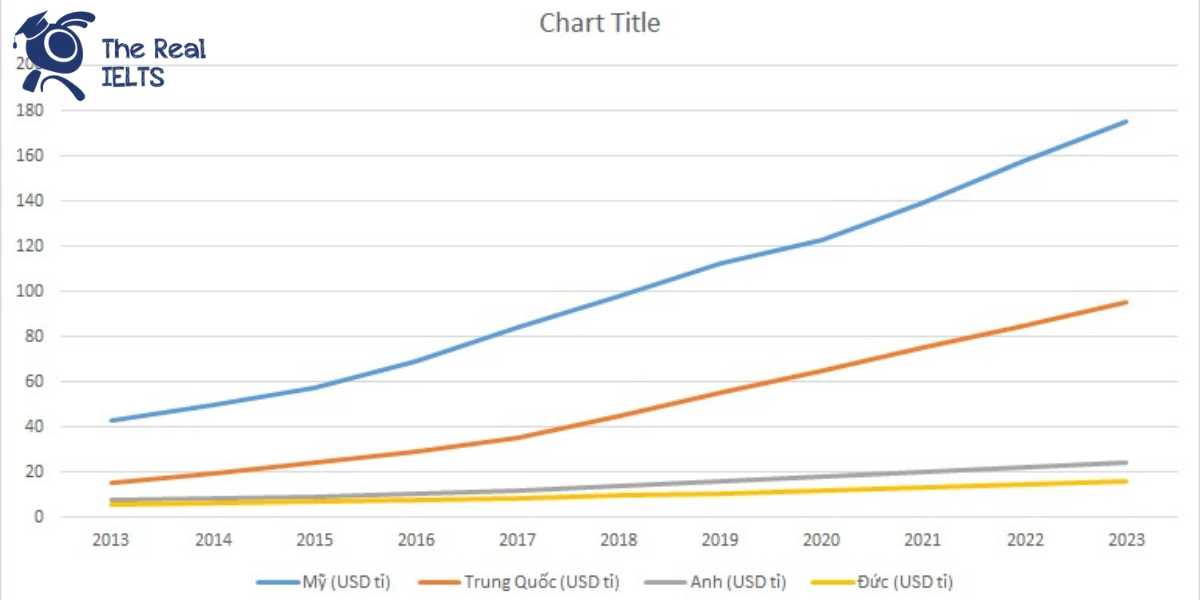IELTS Speaking: Hệ thống y tế ở quê hương bạn như thế nào? Bài viết sẽ gợi ý cách nói về chất lượng dịch vụ, cơ sở vật chất và sự chăm sóc sức khỏe, giúp bạn chuẩn bị tốt nhất cho bài thi.
Đọc thêm các bài luyện thi IELTS khác.
Đọc thêm câu hỏi khác tại: IELTS Speaking Part 1: Introduction and Interview chủ đề Your hometown.
Đọc thêm: IELTS Speaking: Are there many cultural events or performances in your hometown?
Câu trả lời cho IELTS Speaking: How is the healthcare system in your hometown?
Ví dụ 1
The healthcare system in my hometown, Hanoi, Vietnam, is a mix of public and private facilities, each with its strengths and challenges. Overall, it has improved significantly over the past decade, but there are still areas for development.
Firstly, public hospitals and clinics form the backbone of the healthcare system. They are widely accessible and affordable for most residents, which is crucial in a developing country like Vietnam. Hanoi is home to some of the largest public hospitals in the country, such as Bach Mai Hospital and Vietnam National Children’s Hospital. These institutions are equipped to handle a wide range of medical needs, from routine check-ups to complex surgeries. However, public facilities are often overcrowded, especially in the central areas, and patients sometimes face long waiting times. This issue is particularly prominent during flu seasons or when there are outbreaks of infectious diseases like dengue fever.
On the other hand, private healthcare facilities have been gaining popularity. They offer high-quality services, shorter waiting times, and more personalized care. Many private hospitals, such as Vinmec International Hospital, provide state-of-the-art technology and a comfortable environment, but the cost can be prohibitively expensive for the average citizen. These hospitals cater more to the upper-middle class and expatriates.
Additionally, Hanoi has seen a rise in health awareness among its population. Many people are now more proactive about their health, frequently visiting wellness centers and engaging in preventive care practices. The government has also been running campaigns to educate citizens on important health issues, such as vaccinations and maintaining hygiene during pandemics.
Despite these positives, there are still challenges. One notable issue is the disparity in healthcare quality between urban and rural areas. While Hanoi itself has excellent facilities, people in the outskirts or neighboring provinces often have to travel long distances to access decent care. Moreover, while the healthcare workforce is skilled, there is still a need for more doctors and nurses to meet the growing demand.
In conclusion, the healthcare system in my hometown has its pros and cons. It provides affordable and accessible care through public facilities while offering premium services through private options. However, addressing issues like overcrowding, rural healthcare access, and workforce shortages will be crucial for its long-term improvement. Overall, I’m optimistic about the direction it’s heading in, given the increasing investments and awareness in the sector.
Ví dụ 2
The healthcare system in my hometown, Hanoi, is a combination of traditional and modern approaches, reflecting both its cultural heritage and ongoing development. While there are many strengths, some challenges still persist.
To begin with, Hanoi has a wide range of public hospitals and clinics that provide affordable services to the majority of the population. These include large institutions like Bach Mai Hospital, which is well-known for its expertise and resources. Public healthcare is subsidized, making it accessible even for low-income families. However, the downside is that these facilities are often overcrowded, and the waiting times can be frustratingly long.
On the other hand, private healthcare has become increasingly popular in recent years. Private hospitals and clinics, such as Vinmec International Hospital, offer high-quality care with modern equipment and a more comfortable environment. The doctors and staff in these facilities are often bilingual, which is especially convenient for expatriates and international visitors. However, the cost is significantly higher, which limits access to only a portion of the population.
One unique aspect of Hanoi’s healthcare is the integration of traditional medicine with modern practices. Many people, especially the older generation, still rely on traditional remedies such as acupuncture, herbal medicine, and cupping therapy. These methods are often used in conjunction with modern treatments, offering a holistic approach to health.
In terms of accessibility, Hanoi’s urban areas are well-served with healthcare options. However, people living in rural parts of the city or nearby provinces face challenges such as long travel times and limited facilities. This inequality is a concern, as it can delay critical treatments for those in need.
Another positive development is the growing focus on preventive care. Over the past few years, there have been numerous public health campaigns promoting vaccination, healthy eating, and regular exercise. The COVID-19 pandemic, in particular, highlighted the importance of preventive measures and the capacity of the healthcare system to handle emergencies.
In conclusion, the healthcare system in my hometown has made significant progress and offers a mix of affordability, quality, and cultural diversity. However, issues like overcrowding in public hospitals and the disparity between urban and rural areas need to be addressed. With continued investment and policy improvements, I believe Hanoi’s healthcare system will continue to evolve and better serve its population.


